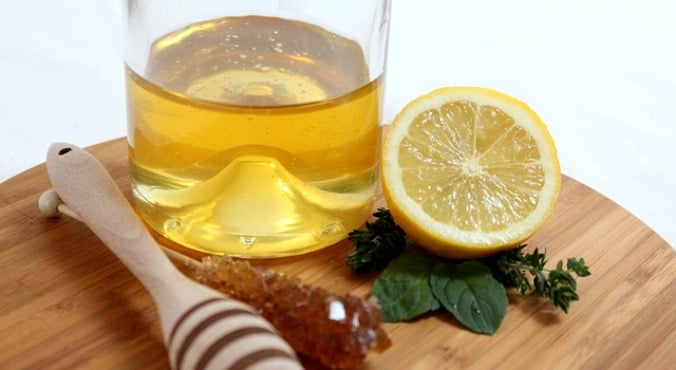
Image via Pixabay
There are many things to like about winter – chunky scarves, porridge on frosty mornings, a three-month-long excuse to not shave your legs… However, there is a downside: getting struck down by the cold. While you can catch the common cold all year ’round, when winter takes hold it seems to be a case of ‘when’ rather than ‘if’.
On average, adults suffer through two to three colds per year. You know how it goes: there’s a sniffle, a sneeze, and then before you know it utter misery has taken hold: your head’s pounding, your throat feels like it’s been grated, and you honestly believe you may perish under the pile of tissues you’ve burned through.
It’s hard to fathom that in 2014 we have self-destructing text messages but no cure or vaccine for the cold. That’s because at least 200 viruses are known to cause the cold, so it’s impossible to isolate and target just one of them. Unlike bacterial infections, which can exist and multiply on their own, viruses require living cells in order to reproduce – so ‘curing’ a virus at the source would involve turning off the body’s cells. As you can imagine, that wouldn’t end very well.
In other words, the best we can do is treat the symptoms and cross our fingers. But is it better to seek medical or au naturel remedies? We ask a doctor and a naturopath for their take on easing the suffering.
Doctor
Frank Bowden, Professor of Medicine at ANU and Specialist in Infectious Diseases at ACT Health, says easing the symptoms of a cold is a matter of common sense and the amount of money you want to spend. “The answer is to go for the cheapest thing that you possibly can, knowing that nothing’s going to make much of a difference,” he explains.
“So if you’ve got a headache, you take something for your head – the safest being paracetamol. For a sore throat, you can have the simplest things like honey and lemon, which is what I do. If you’ve got a really blocked nose, some people take an anti-congestant, but they don’t work all that well.”
